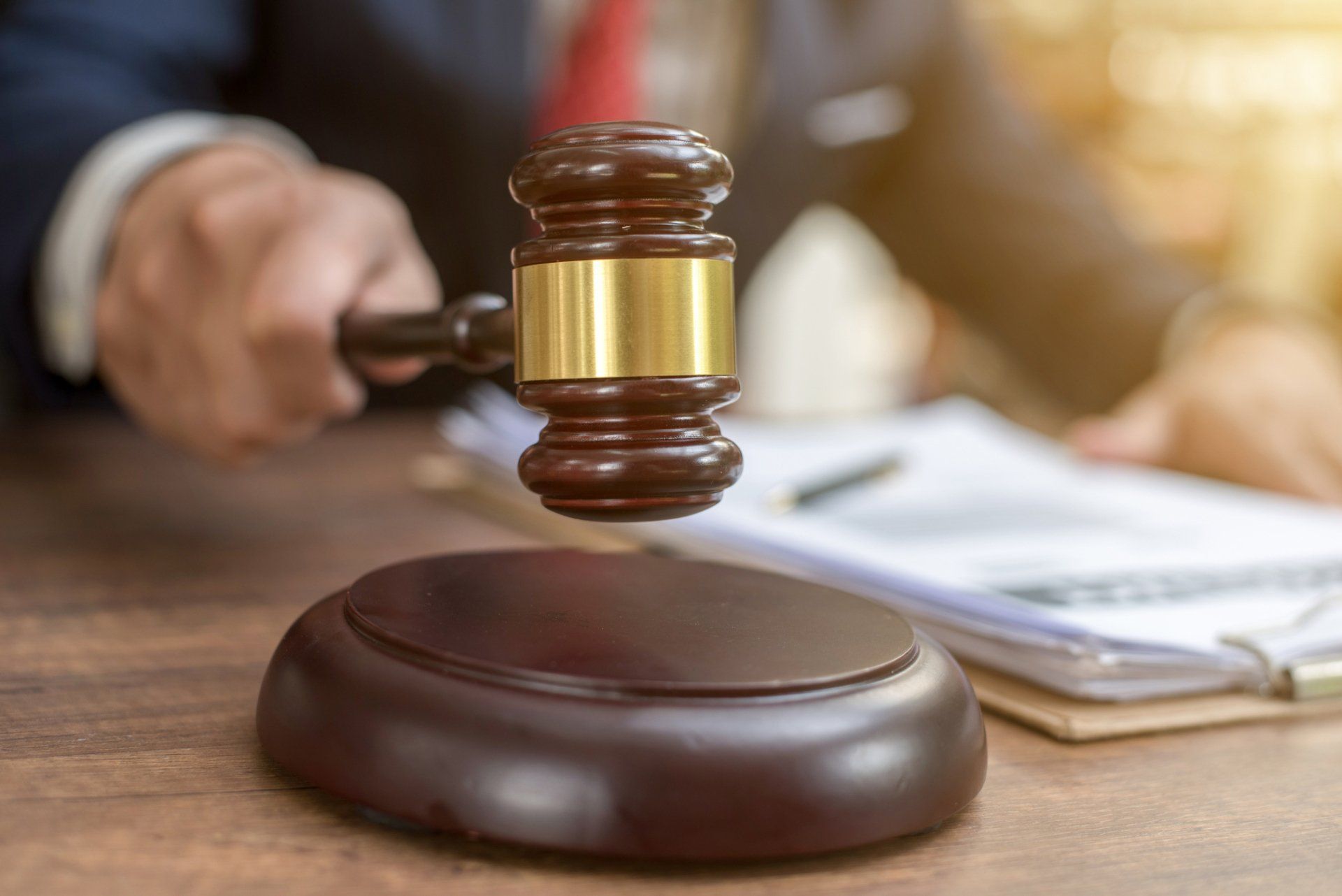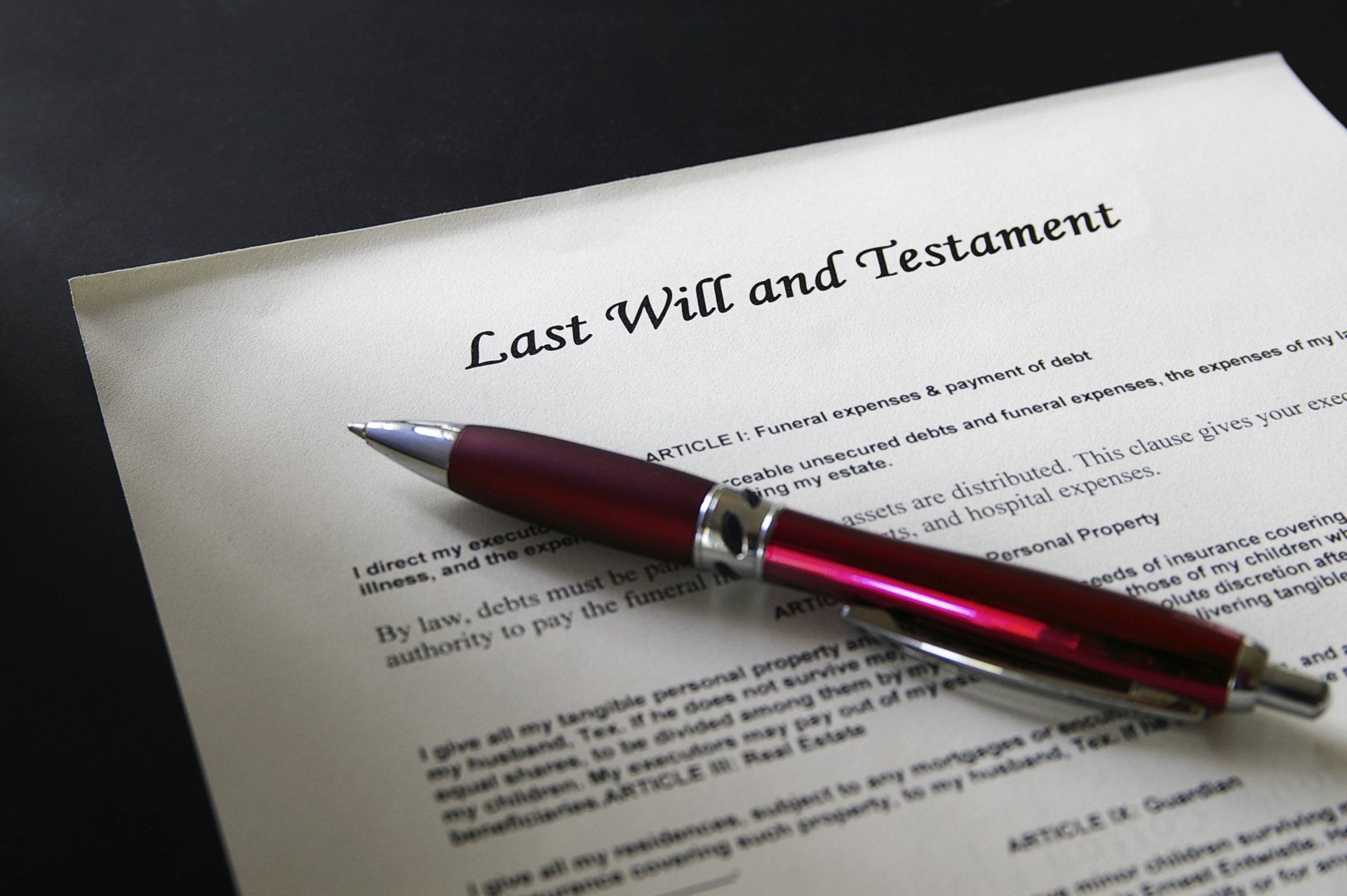ADDRESS: 3900 Newpark Mall Road 3rd Floor Newark, CA, 94560 | EMAIL: daniel@kisnerlaw.com
CALL US FOR A CONSULTATION
(510) 791-5790
Top Considerations When Choosing Your Successor Trustee
You should appoint a trustee to manage your estate after you're gone. This is one way of preventing your estate from probate proceedings. The trustee will fulfill your wishes on the distribution of your wealth. Here are some things to consider when choosing a trustee.
The Role of the Trustee
The first thing you need to think about when choosing a trustee is their responsibilities. Bear in mind that you might not be able to manage your assets while you're still alive. If you become incapacitated, you'll need someone to help you run your estate.
When you're incapacitated, the role of a trustee is to spend the trust money and invest trust assets on your behalf. If you remain incapacitated for long, your trustee will also be responsible for filing annual tax returns on your behalf. In this case, you need someone honest, smart, and able to separate your assets from their own.
After your death, the trustee's job will be to gather and protect your assets. They'll then distribute them to your beneficiaries according to your instructions in the trust document. The trustee will also work with your appointed executor to settle your final income taxes and account for assets that you didn't include in the trust.
Individual Versus Corporate Trustee
You're most likely to consider appointing a friend or relative as the trustee of your estate. The main reason for choosing friends or relatives to act as trustees is because they're familiar with your family and may not charge a trustee fee. However, when conflict or strained relationships are likely, you should opt for an institutional trustee.
The main benefit of hiring a bank or financial institution as trustee is their knowledge in financial management. An institutional trustee also protects your wealth from malfeasance. The main downside of an institutional trustee is that it costs more than an individual trustee. Another downside of an institutional trustee is that the person appointed to manage your trust might change after some time, leading to a lack of continuity.
If you aren't sure whether to choose an individual or corporate trustee, you can appoint both. The two will work together to make decisions about your estate. This helps you get the benefits of both individual and institutional trustees. On one hand, you have someone you trust to manage your estate, and on the other hand, you've a financial institution to protect your estate and prevent unscrupulous practices.
Review Your Decision in a Few Years
The choice you make on the trustee of your estate shouldn't be cast in stone. You need to revisit your decision after a few years to accommodate major life changes. For example, if you appointed your brother-in-law as a trustee and he divorces your sister, you should choose another trustee.
In situations of severe family dysfunction, or you lack someone qualified to serve as trustee, you might need to consider a corporate trustee. A corporate trustee will also work better than an individual trustee in the case of blended families. For example, if you get divorced, and your ex-spouse marries someone else, that person may treat your biological children unfairly.
In such a scenario, a corporate trustee will serve the best interests of your children in their capacity as beneficiaries. Therefore, make sure you review your choice of a trustee after a few years to ensure it's the right one, given the prevailing circumstances.
Appointing a trustee to oversee the management and distribution of your assets is a crucial part of estate planning. Kisner Law Firm is distinguished and has years of experience in estate law.
Give us a call and let us help you choose the most appropriate trustee. We will also help you make the right estate planning decisions.
PHONE: (510) 791-5790 | EMAIL: daniel@kisnerlaw.com
ADDRESS: 3900 Newpark Mall Road 3rd FloorNewark, CA, 94560
HOURS OF OPERATION:
- Mon - Fri
- -
- Sat - Sun
- Closed










